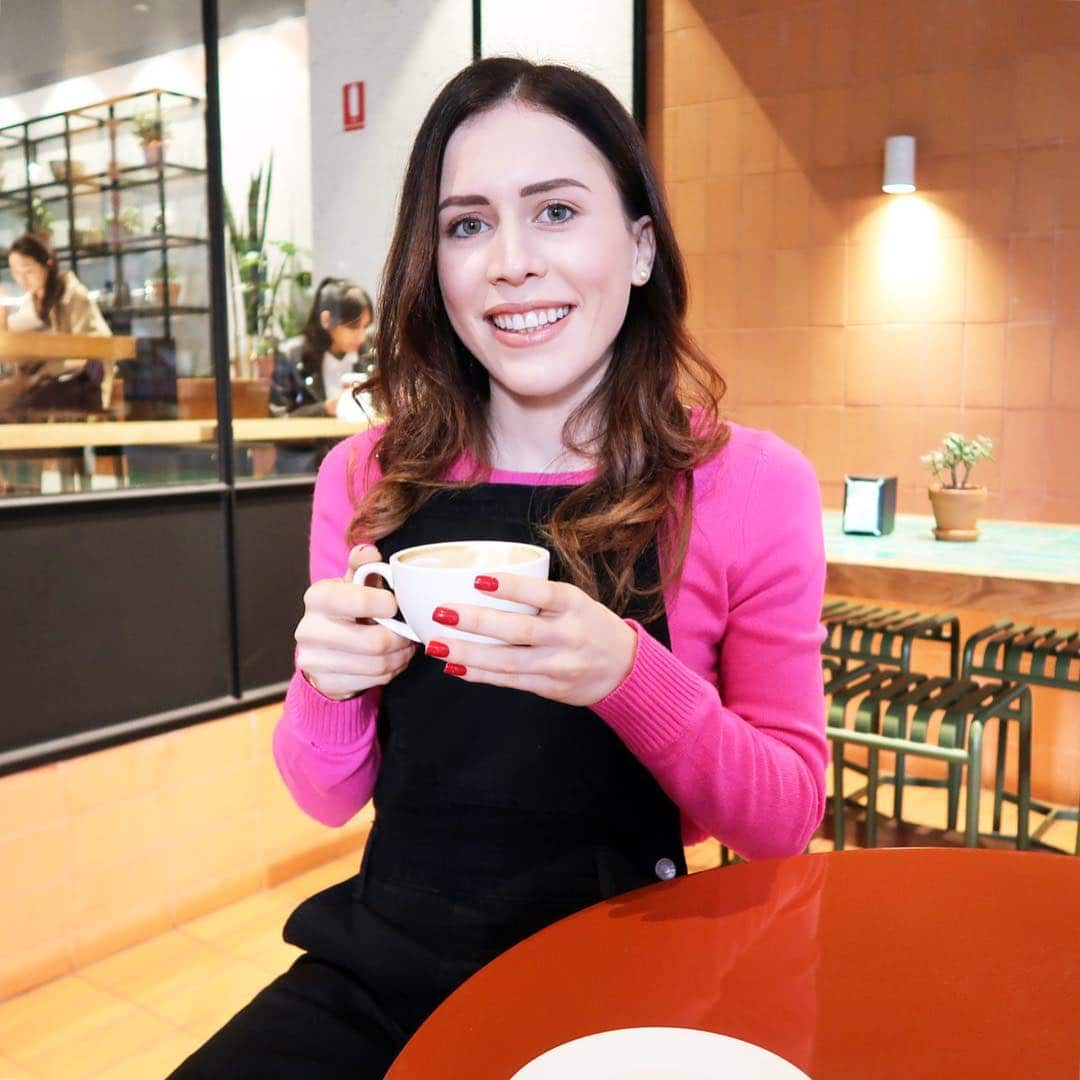It was found 62% of people aged between 15 and 24 speak a second language at home, but only 1% of these speak Italian at home. This is despite 63,332 Italian residents in Melbourne, according to a 2016 census. Thus, it is clear that the interest of young Italian-Australians in their own culture is fading.
Why are third-generation Italians so aloof about their culture? Even if they are interested, why haven’t they taken the effort to learn more about it? SBS Italian spoke to a number of bilingual Italian-Australians to find out why their peers may not be as interested in their culture and how we can improve this situation.
Chelsea Cucinotta, an Italian graduate student at the University of Melbourne, believes it comes down to the decision of the parents whether to teach the language. Many Italian-Australians do not speak Italian, either as first or second language. “It was really hard for [my father] to teach me the language and connect with me about that. I guess that’s where it happens when the young kids of our parents’ generations are taught to fit into Australian culture.”
“It was really hard for [my father] to teach me the language and connect with me about that. I guess that’s where it happens when the young kids of our parents’ generations are taught to fit into Australian culture.”

Source: Courtesy of Chelsea Cucinotta
Not learning the language from a young age can have a major impact on an individual’s connection with their culture.
Sean Wales, whose maternal family emigrated from the north of Italy, believes learning the language is integral to connecting with one’s culture.
“You get that way of thinking like an Italian when you speak the language that you won’t get otherwise” he described to SBS, “because the way you describe words and see things are completely different to English and any other language.”
“I don’t think you can properly understand a culture until you properly speak their language.”
Sean also emphasised how the distance from Italy, both geographically and generationally, makes it hard for young Italians to maintain their passion.
“As we get further away from our roots… it’s just natural that not everybody will keep the culture going,” he says. ‘The ones that embrace Italian will keep it going.”
Growing up, neither my parents nor my grandparents taught me Italian. I have had to learn through high school and university. Similarly, my sister Ariane has never learnt the language, limiting us in our appreciation of the culture. While I am proud of my heritage and embrace it, eager to keep it alive in my family, I know that my connection would be deeper if I could speak and think as a native Italian.
Unfortunately, some are not as proud of their heritage as others.
Throughout high school and university, I noticed many Italian-Australians who began Italian classes, only to drop out of them soon after. They did not care enough about learning the language or learning about the culture to dedicate themselves to the area of study. While Italian-Australians like this acknowledge the origins of their family, they are often not interested enough to uphold their family traditions.
This begs the question; how do we rebuild the interest and the passion in the Italian culture?
Chelsea Cucinotta believes young Italian-Australians should be encouraged to socialise with like-minded youth with the aim of motivating them, such as through university social clubs.
“Through the clubs, I met so many like-minded people and we would connect both through the language and also our appreciation of the food” Chelsea remembers "even at the Italian ball dancing to those real Italian traditional songs. It’s something we can all embrace and it’s easy to do.”
Sean Wales, however, considers travel or going on exchange to be the best way to awaken a passion for culture. He took part in an exchange to Bosa, a small town of 8,000 in Sardinia, when he was in high school. "That’s where you see the real Italy, in a small village of 8000 people. Everyone knows each other, you don’t drive cars too much, you walk everywhere, you can knock someone’s house any time of the day and they will welcome you in.”
"That’s where you see the real Italy, in a small village of 8000 people. Everyone knows each other, you don’t drive cars too much, you walk everywhere, you can knock someone’s house any time of the day and they will welcome you in.”

Source: Courtesy of Sean Wales
Sean is 22 and ultimately believes that it all starts in the early years of life.
“I don’t think there’s any point forcing it” he declares, “but parents and grandparents should encourage it, especially by speaking the language to their young children.”
Personally, travelling to Italy when I was seventeen to experience the culture first hand is what inspired me the most to embrace my Italian heritage. It motivated me to continue learning about the language and the country so I could maintain my Italian connections. My parents also encouraged me to follow this road, but my own initiative and love for the culture is what kept the Italian spark within me alive.
In order to improve the interest and passion of young Italian-Australians in their Italian culture, we must foster their curiosity and their inspiration, so they really want to be a part of the culture and they want to learn. This way, they will not only embrace their Italian side, but love it.
